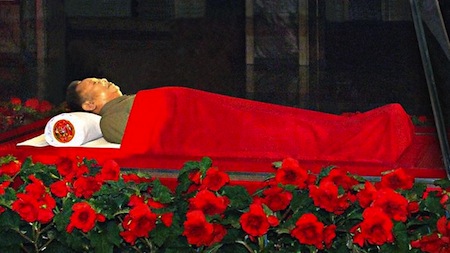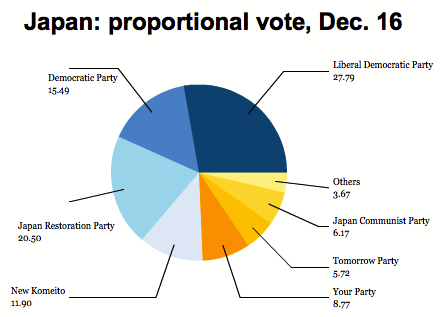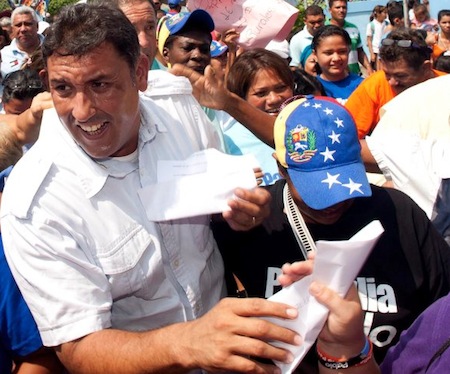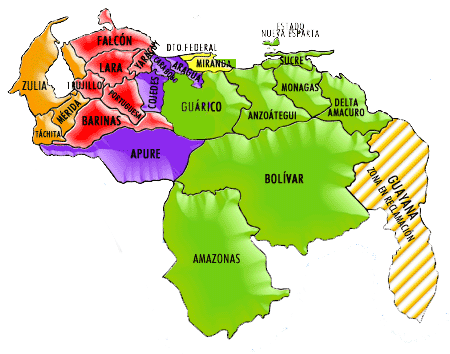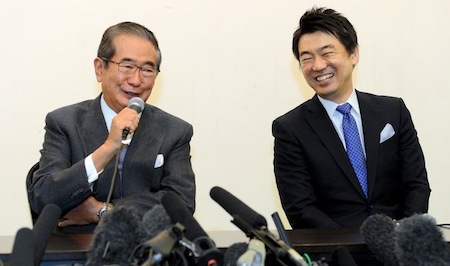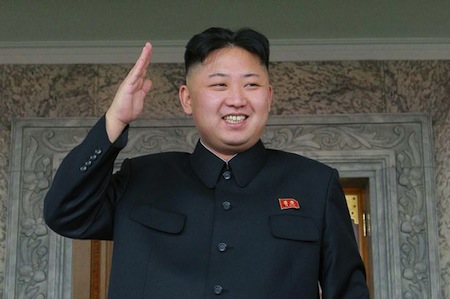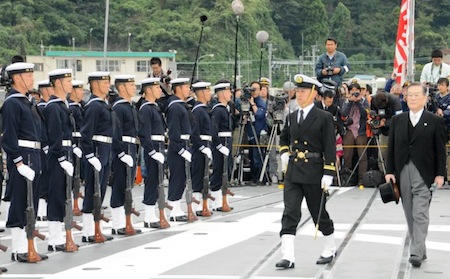East and South Asia
The second round of Gujarat’s regional elections finished Monday, with exit polls showing victory for longtime BJP chief minister Narendra Modi.
The late North Korean leader Kim Jong-il’s embalmed body has been unveiled (see above).
Congress in the Philippines approves a key contraception bill.
Negative campaigning a day before South Korea’s presidential election.
Lee Jung-hee, a minor South Korean presidential candidate, dropped out of the race Sunday.
One-time presidential contender Ahn Cheol-soo will leave for the United States immediately after South Korea’s vote Wednesday.
South Korea presidential candidates Moon Jae-in and Park Guen-hye faced off in a final debate Sunday.
Indonesia raises the minimum wage.
Indonesia considers the 2014 presidential election.
North America
U.S. senator John Kerry of Massachusetts seems set to be nominated to be U.S. secretary of state.
In Québec, the governing Parti québécois retains a narrow polling lead.
Puerto Rico’s credit rating was downgraded to just above junk status last Thursday by Moody’s.
Potential U.S. secretary of state and former U.S. senator Chuck Hagel of Nebraska is not so popular in Israel.
U.S. senator Daniel Inouye of Hawaii, who is popular in Japan as the first Japanese-American senator, has died at age 88.
Latin America / Caribbean
A setback for Venezuela’s opposition in Sunday regional gubernatorial elections.
Henrique Capriles, who won reelection as governor of Miranda state, remains the top opposition leader in Venezuela.
Africa
South Africa’s president Jacob Zuma appears to have beaten back a challenge to his leadership of the African National Congress.
Kenya’s Jubilee Alliance determines a new way to pick a presidential candidate for March elections.
Ghana’s failed presidential candidate Nana Akufo-Addo will lead his party’s challenge of fraud in their case to the Supreme Court.
Ongoing struggle within Zambia’s ruling Patriotic Front.
Europe
A new vote will be held in September 2013 to determine whether Jean-François Copé or François Fillon will lead France’s center-right Union pour un mouvement populaire (UMP, Union for a popular movement).
Romanian president Traian Băsescu formally nominated Victor Ponta as prime minister.
Russian opposition figure Alexei Navalny will not join his followers’ new party.
Catching up with newly re-installed Ukrainian prime minister Mykola Azarov.
UK prime minister David Cameron can imagine withdrawal from the European Union.
Dutch finance minister Jeroen Dijsselbloem now seems the favorite to succeed Luxembourg prime minister Jean-Claude Juncker as head of the eurozone finance ministers group.
Middle East
Hesham Sallam on why Egypt’s president Mohammed Morsi is past the point of return.
Egypt’s State Council refuses to monitor the second round on December 22.
Foreign Policy interviews Mohamed ElBaradei.
Former Lebanese prime minister Saad Hariri attacked Hezbollah leader Hasan Nasrallah.
Turkish prime minister Recep Tayyip Erdoğan attacked the concept of separation of powers.
